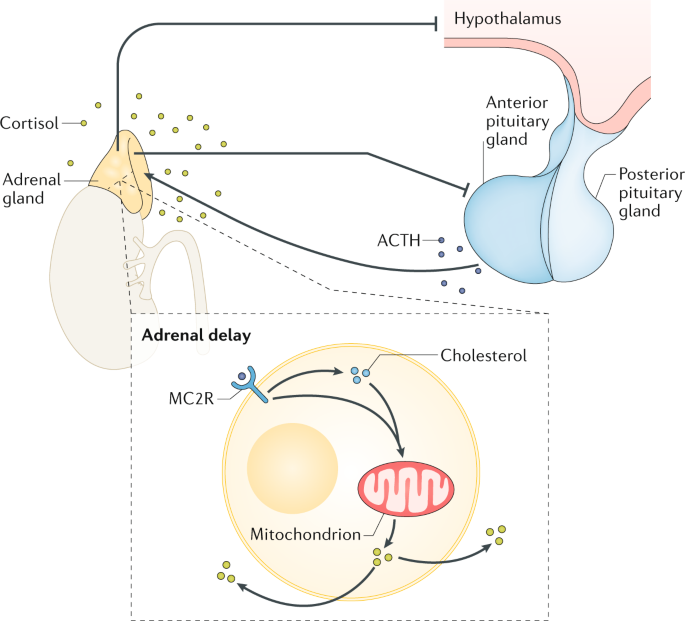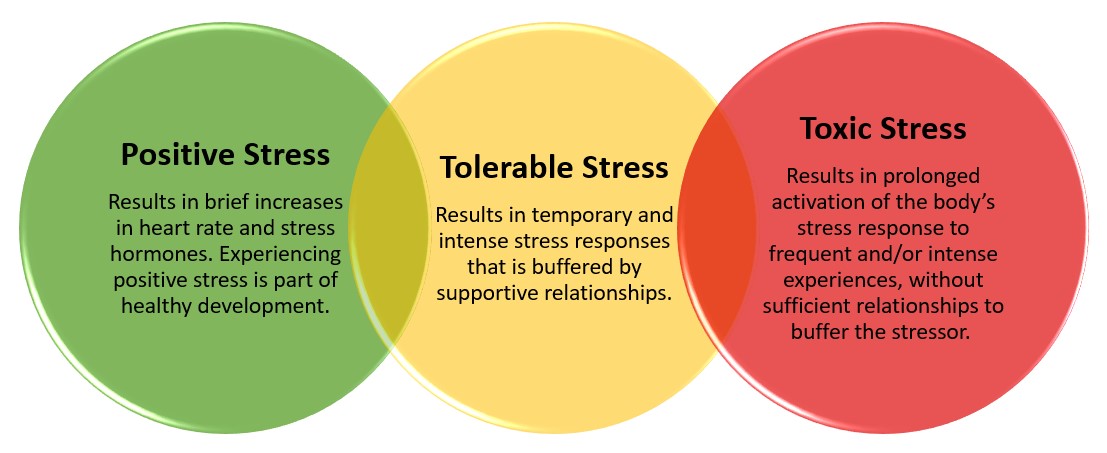Stress is a normal human responses to stress that is perceived threat or demand. It can be caused by a wide range of factors, both physical and psychological.
When we experience stress, our bodies go into “fight-or-flight” mode, which is a natural survival mechanism. This mode is characterized by a number of physiological, emotional, and behavioral changes.
1. Physiological Responses to Stress
Stress as a response model, initially introduced by Hans Selye (1956), describes stress as a physiological response pattern and was captured within his general adaptation syndrome (GAS) model. This model describes stress as a defensive mechanism and includes three stages: alarm, resistance, and exhaustion

General Adaptation Syndrome
The most immediate physiological response to stress is the activation of the sympathetic nervous system (SNS). The SNS is responsible for the “fight-or-flight” response, which is a surge of hormones that prepares our bodies to take action. These hormones include adrenaline, cortisol, and noradrenaline.
- Adrenaline or epinephrine, it causes the heart to rate faster and stronger, increases blood flow to the muscles, and widens the airways. This helps to prepare the body for physical action.
- Cortisol i.e “stress hormone.” It helps to regulate blood sugar levels, suppress inflammation, and boost the immune system. However, chronic cortisol levels can lead to a variety of health problems, including weight gain, high blood pressure, and weakened bones.
- Noradrenaline, it is similar to adrenaline, but it has a more prolonged effect. It helps to maintain alertness and focus, and it also plays a role in memory and mood.

Physiological Response to Stress
These hormones cause a number of physical changes, such as-
- Increased heart rate and blood pressure
- Increased respiration
- Muscle tension
- Sweating
- Dilated pupils
- Suppressed digestion
These changes are designed to help us cope with the perceived threat or demand.
For example, increased heart rate and blood pressure provide more oxygen and blood to our muscles, which allows us to fight or run away.
Read More- Coping with Stress
2. Emotional Responses to Stress
Stress could be experienced as eustress (positive) or dystress (negative) based on cognitive interpretations of the physical symptoms or physiological experience.
Stress can also cause a number of emotional responses, such as-
- Anxiety
- Fear
- Anger
- Frustration
- Sadness
- Irritability
These emotions are also designed to help us cope with the perceived threat or demand.
For example, anxiety can motivate us to take action, while fear can help us avoid danger.
3. Behavioral Responses to Stress
In response to stress, we may engage in a number of behaviors, such as-
- Avoiding the stressor
- Fighting the stressor
- Trying to control the stressor
- Seeking social support
- Engaging in relaxation techniques
These behaviors are also designed to help us cope with the perceived threat or demand. For example, avoiding the stressor may help us reduce our anxiety, while fighting the stressor may help us to remove the threat.

Types of Stress
Chronic Stress
While stress is a normal human response, chronic stress can be harmful to our physical and mental health. Chronic stress is defined as stress that is prolonged or that we are unable to cope with effectively. It can lead to a number of health problems, including:
- High blood pressure
- Heart disease
- Stroke
- Diabetes
- Obesity
- Depression
- Anxiety
- Insomnia

Acute Psychosocial Stress
Managing Stress
There are a number of things we can do to manage stress, including-
- Identifying our stressors
- Developing healthy coping mechanisms
- Practicing relaxation techniques
- Getting enough sleep
- Eating a healthy diet
- Exercising regularly
- Seeking professional help if needed
Reference Books
Ogden, J. (2017). Health psychology: A textbook (4th ed.).McGraw Hill Education.
Sarafino, Edward P and Smith, Timothy W (2012). Health Psychology – Bio psychosocial Interaction (7th ed). Wiley India Edition.
Taylor, Shelley E. (2018). Health Psychology (10th ed). McGraw Hill Higher Education. Indian Edition
Weiten, W. and Lloyd, M. (2007). Psychology applied to modern life: Adjustment in the 21st century, Indian Edition 8th. Thomson
Subscribe to Careershodh
Get the latest updates and insights.
Join 16,504 other subscribers!
Niwlikar, B. A. (2023, December 3). 3 Important Responses to Stress. Careershodh. https://www.careershodh.com/responses-to-stress-physiological-emotional-behavioural/
